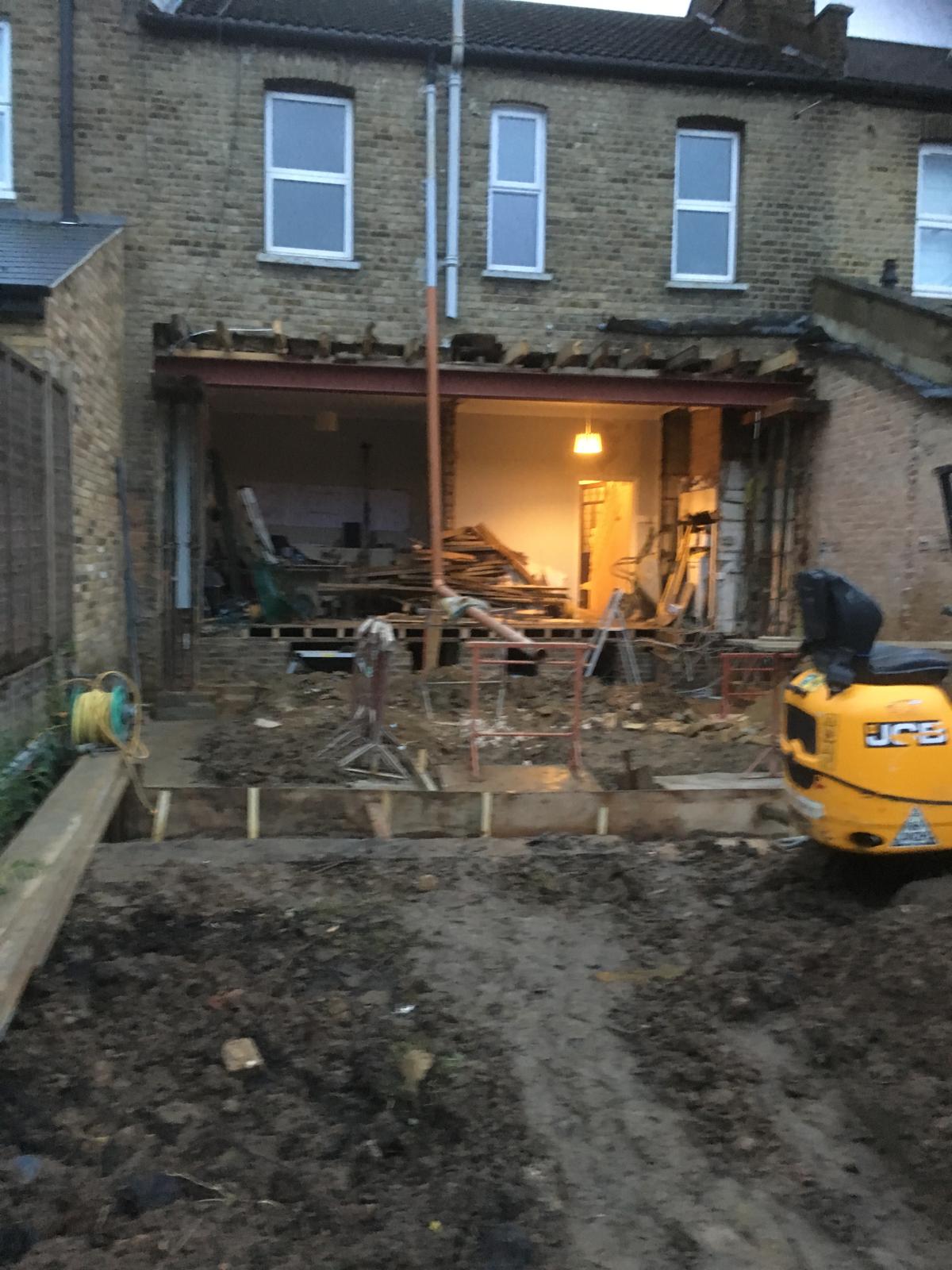So, How Long Does the Average House Extension Take?
When planning an extension, one of the most common questions homeowners ask is: how long does the average house extension take? The timeline of a house extension depends on various factors, including the size of the project, the complexity of the design, and potential delays such as planning permission or unexpected structural issues. With years of experience in home extensions, I’ve helped homeowners across Kent successfully navigate the extension process, ensuring realistic expectations and efficient project completion.
In this blog, I’ll outline the typical timeframe for different types of house extensions and what can affect the overall schedule.
Typical Timeline for a House Extension
Every home extension is unique, but below is a general timeline for how long different types of extensions take:
| Type of Extension | Average Timeline |
|---|---|
| Small single-storey extension (15–20 sqm) | 8–12 weeks |
| Large single-storey extension (20–40 sqm) | 10–16 weeks |
| Double-storey extension | 12–20 weeks |
| Wraparound extension | 16–24 weeks |
| Kitchen or rear extension | 10–16 weeks |
| Complex extensions (period properties, basements, structural work) | 20+ weeks |
These estimates are based on straightforward builds without major complications. Larger or more bespoke projects can take significantly longer.
Breakdown of the House Extension Timeline
1. Planning and Design Stage (4–8 Weeks)
Before any work begins, careful planning is needed. This includes:
- Hiring an architect and discussing your vision
- Creating architectural drawings
- Applying for planning permission (if required)
- Getting building regulation approval
If your extension falls under permitted development rights, this stage can be quicker. However, if you need planning permission, the approval process can take 8–12 weeks.
2. Securing Contractors and Materials (2–6 Weeks)
Once the plans are in place, you’ll need to:
- Get quotes from builders (Trust a Trader and Google My Business are great places to check reviews)
- Choose a contractor and sign contracts
- Order materials such as bricks, steelwork, and windows
Delays in material availability can impact your timeline, so planning ahead is crucial.
3. Site Preparation and Foundations (2–4 Weeks)
Before construction begins, the site must be prepared. This includes:
- Demolition or clearance of existing structures
- Excavation work and foundation pouring
- Initial drainage and groundwork installation
If there are unforeseen issues such as unstable ground, additional time may be required for foundation reinforcement.
4. Structural Build (4–10 Weeks)
Once the groundwork is completed, the main construction begins. This stage includes:
- Brickwork and external walls
- Roof installation
- Structural reinforcements and steelwork (if necessary)
- Fitting doors and windows
The speed of this phase depends on weather conditions and the complexity of the build.
5. Internal Works (4–8 Weeks)
Once the structure is in place, internal work can begin:
- Plumbing, electrical, and heating installations
- Insulation and plastering
- Flooring and interior fittings
- Kitchen and bathroom installations (if applicable)
This stage is where a lot of the finer details come together. If multiple trades are working simultaneously, it can speed up the process, but scheduling conflicts can cause delays.
6. Final Inspections and Snagging (1–3 Weeks)
- Checking compliance with building regulations
- Fixing minor defects (snagging)
- Cleaning and preparing the space for use
Once all work is approved, you’ll receive the necessary completion certificates.
Factors That Can Delay a House Extension
1. Planning Permission Delays
If your extension requires planning permission, waiting for approval can take 8–12 weeks. To avoid unnecessary delays, ensure your plans meet local regulations before submitting your application.
2. Structural Issues
If unexpected issues are discovered—such as weak foundations, damp, or drainage problems—extra work will be needed, extending the timeline.
3. Weather Conditions
Rain, snow, and freezing temperatures can slow down foundation work, bricklaying, and roofing. The best time to build is typically during spring and summer.
4. Supply Chain Issues
Delays in sourcing materials such as steel beams, glazing, or specialist fixtures can hold up the build. Ordering materials in advance can help prevent delays.
5. Availability of Tradespeople
Coordinating builders, electricians, and plumbers is essential for keeping the project on track. Scheduling conflicts can cause work to slow down, especially in peak construction seasons.
How to Speed Up Your House Extension Project
1. Hire an Experienced Builder
Working with professionals who have a strong track record in house extensions ensures efficiency and quality. Check reviews on Google My Business and Trust a Trader before making a decision.
2. Plan Well in Advance
Finalise your designs, obtain permissions, and secure materials before construction starts to avoid unexpected delays.
3. Stick to a Clear Timeline
Agree on a project schedule with your builder and ensure regular progress updates.
4. Be Flexible with Material Choices
If certain materials are unavailable, be open to alternatives that won’t affect the quality of the build.
5. Communicate Regularly
Regular check-ins with your builder help keep the project on track and allow you to address any issues before they become major setbacks.
Why Choose Us for Your House Extension?
With years of experience in delivering high-quality house extensions, we provide:
- Expert project management to keep your build on schedule
- Compliance with all building regulations
- Transparent pricing and realistic timelines
- Skilled tradespeople who ensure top-quality finishes
Contact us here to discuss your house extension project. You can also check out our verified reviews on Google My Business and Trust a Trader to see what others say about working with us.

